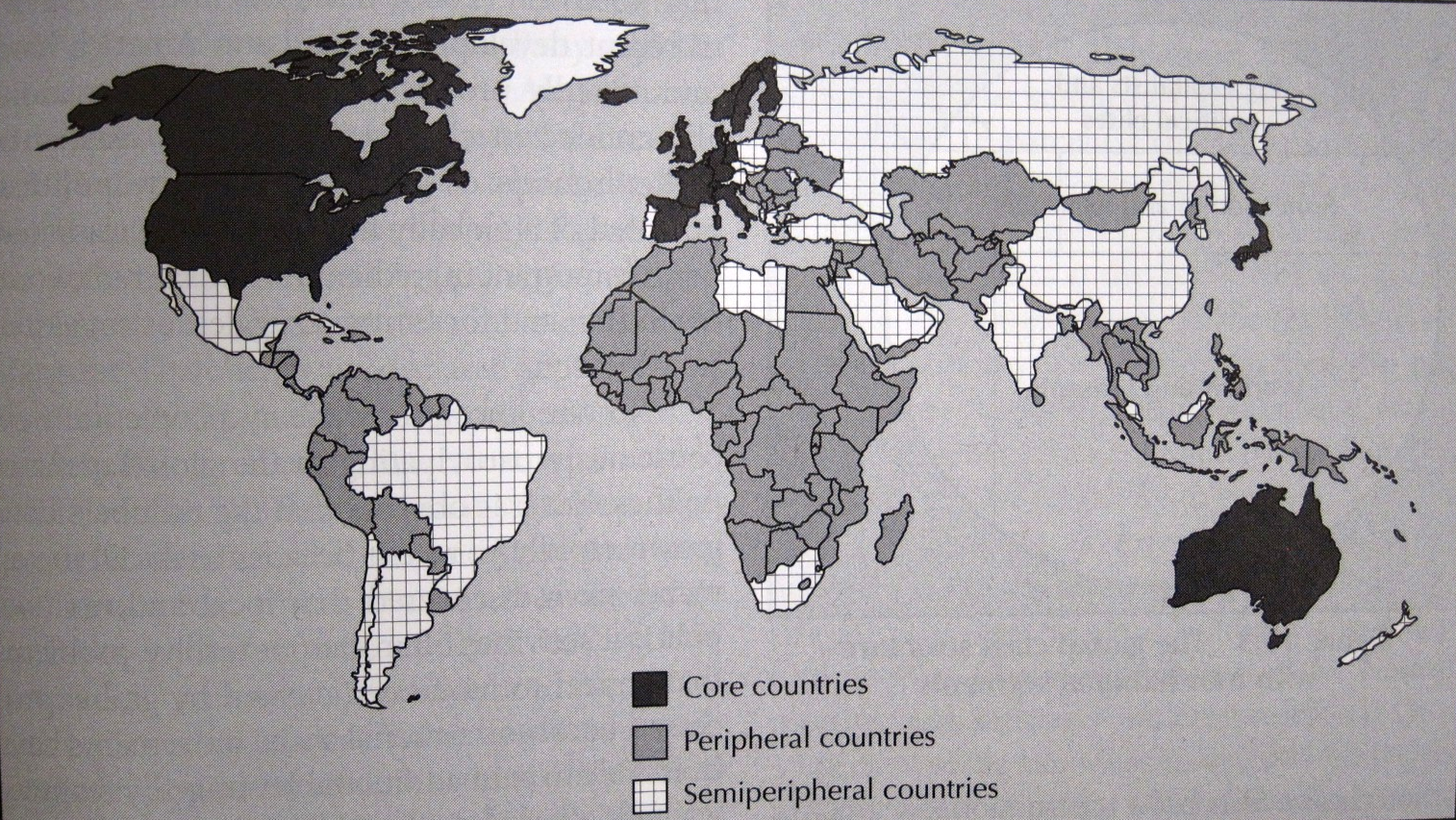
The 21st century poses a critical question: How do we govern in an era of unprecedented technological power, while also preserving our humanity?
Since World War II, managerial bureaucracies have become the primary instruments of governance in both East and West. This configuration constitutes what we call a "World Stack"——the underlying socio-technical infrastructure that powers a civilization. Control over a World Stack represents dominion over the population that depends on the stack.
The rise of the Professional Managerial Class (PMC) altered civilization, the scope of government, and perhaps even the human condition itself. Modern bureaucracies operate on the premise that an expert bourgeoisie, with its own class interests, can effectively control public life through organized coercion and dominance over education, media, courts, and lobbying networks.
In our current World Stack, this expert class controls most of the resources—they control money creation and possess information asymmetries through national security apparatuses. While parasitic, this managerial class maintains order, however imperfectly.
As the economy digitized, valuable skillsets within the PMC shifted, sparking internal power struggles. Technologists are gaining influence relative to traditional media, intelligence networks, and government bureaucrats. Consequently, government has outsourced capabilities to tech giants like Google, Oracle, Amazon, and Microsoft. While Bitcoin has shifted the world's financial engine toward reality, the rest remains undisrupted by blockchains and cryptography.
We envision the long-run development of the Nockchain ecosystem to become a competitor World Stack. We call it the Nock Stack——a unified, alternative physical-digital system that liberates and distributes governance capabilities, replacing or streamlining managerial bureaucracy across the board.
In Anti-Oedipus (1972), Deleuze and Guattari use the term "deterritorialization" to describe the "extraversion of economic circuits," the dismantling of obscured, redacted, state-capitalist monopolies. We seek to deterritorialize critical infrastructure entirely, commercializing and industrializing it. Our goal is to enable mass production of secure software, designs, systems, and architectures across sectors with one, unified stack——underwritten by formally verifiable and zk-provable code.
The Nock Stack decentralizes practical governance capabilities, akin to the invention of the musket and printing press, but this time for digital control systems. The Nock Stack undercuts tech monopolists as well as corrupt state bureaucracies, restoring the responsibility of government to individuals and local communities.
Fixing today's corrupt World Stack requires superseding its capabilities. It's not about replacing the staff of the existing World Stack, it's about overcoding it entirely, engineering novel systems through which cultural entrepreneurs can access governmental capabilities quickly, securely, and without dependencies.
Our goal is to build the simplest, purest, and most secure representation needed to power a modern civilization. We're building the Nock Stack for everyday people, so we may never be dependent on corrupt third-parties, whether those be governments or tech monopolists.
Run your neighborhood's Stack from a shipping container, controlling it down to the metal. This is the Nock Stack.
